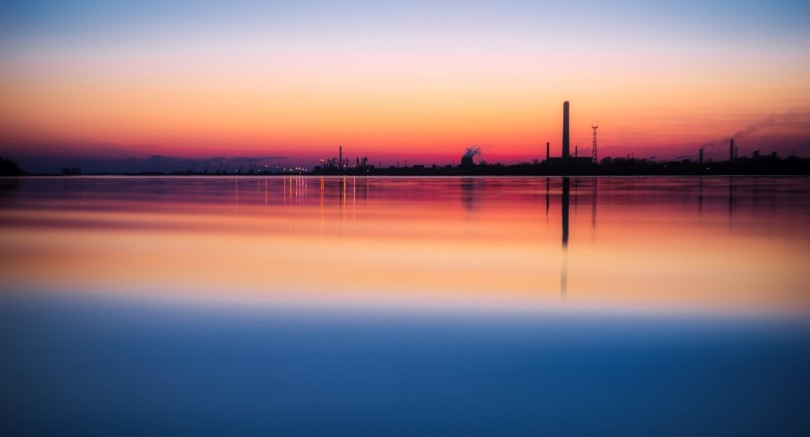How is the UAE encouraging people to rethink DESALINATION?
15 Apr 24
Enviro ChatThe Global News Source for the World of Science and Chemicals
12 August 2022
Enviro Chat
Micropollution is an issue that is dominating an increasing number of column inches and policy meeting minutes around the globe. But while it’s a concern for everyone, it could pose an even greater problem for countries where water scarcity is rampant – such as the UAE.
That’s because hot and arid climates like that of the Emirates produce very little rainfall, so groundwater reserves are being depleted at an alarming rate. One proposed method of alleviating the issue is by using treated wastewater to irrigate crops in the country. But while that makes sense on one level, the fact that existing wastewater treatment methods are insufficient to remove all impurities could mean that food cultivated in the UAE is contaminated with a wealth of micropollutants.
The term micropollutant refers to a wide variety of substances which are emitted into the environment as a by-product of natural and anthropogenic processes. Although these substances are generally found in extremely low concentrations at the outset, they have a phenomenally long half-life and do not biodegrade quickly (or even at all, in some cases) in the natural world.
As a result, they are capable of bioaccumulating in the water, soil and air around us to such an extent that eventually, they can compromise the health of the ecosystems which depend upon them. This harms the flora and fauna of the surrounding wildlife, as well as potentially endangering human health if the micropollutants are allowed to contaminate water used for drinking or to irrigate crops.
Such a state of affairs is more likely in a climate like the one in the UAE than anywhere else. That’s because the region suffers a paltry amount of rainfall on an annual basis and this aridity, coupled with the rapid development of the country over the last few decades, means that groundwater reserves are in danger of being exhausted in the foreseeable future.
For example, the Quaternary Aquifer – one of the main groundwater reserves in the country – has seen a massive reduction in its supplies over the last half a century. In 1969, for example, the Aquifer was home to 238 trillion litres of water. By 2015, that figure had fallen to just 10 trillion litres.
Over 90% of all crops cultivated in the UAE are irrigated using groundwater. Given that the reserves used for that purpose are in danger of running out imminently, one possible solution to the problem that has been mooted is the use of treated wastewater instead. However, most wastewater treatment plants (WWTPs) deploy filtration systems which are not sufficient to entirely remove micropollutants, such as heavy metals, pharmaceuticals and cosmetics, from their effluent streams.
As a result, we could quite feasibly see a situation in which crops are being irrigated with water that is infested with micropollutants. Although the long-term effects of human exposure to these substances is still not thoroughly understood and more research into the subject is ongoing, the potential consequences are concerning, to say the least.
DOWNLOAD PDF

2 Day Seminar Program
@ ArabLab+ 2024
24 & 25 September 2024
Your stay in Dubai
Labkit
Product News
Chemkit
Product News
Thinking about exhibiting at ARABLAB 2024? Watch our video to find out more.
Join the world’s leading organisations…
Join our mailing list and receive the ARABLAB newsletter and event updates.